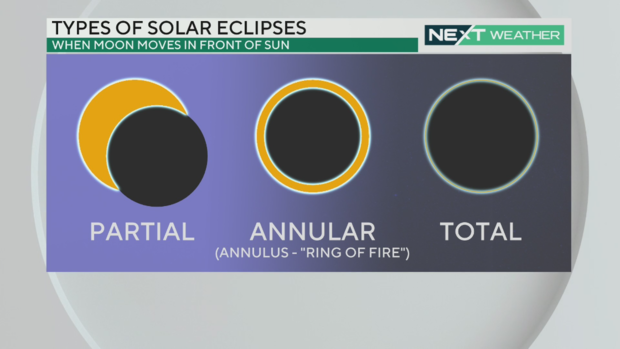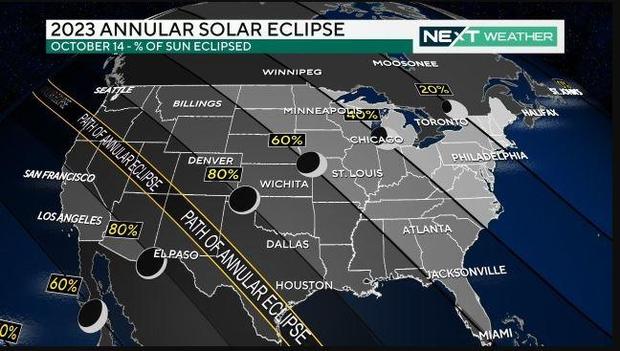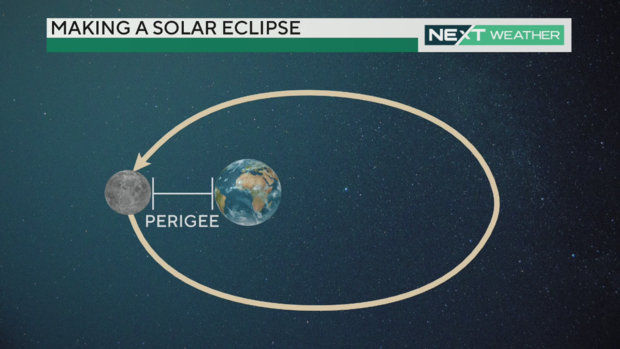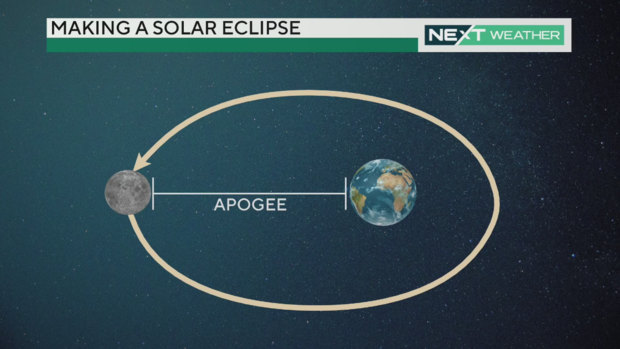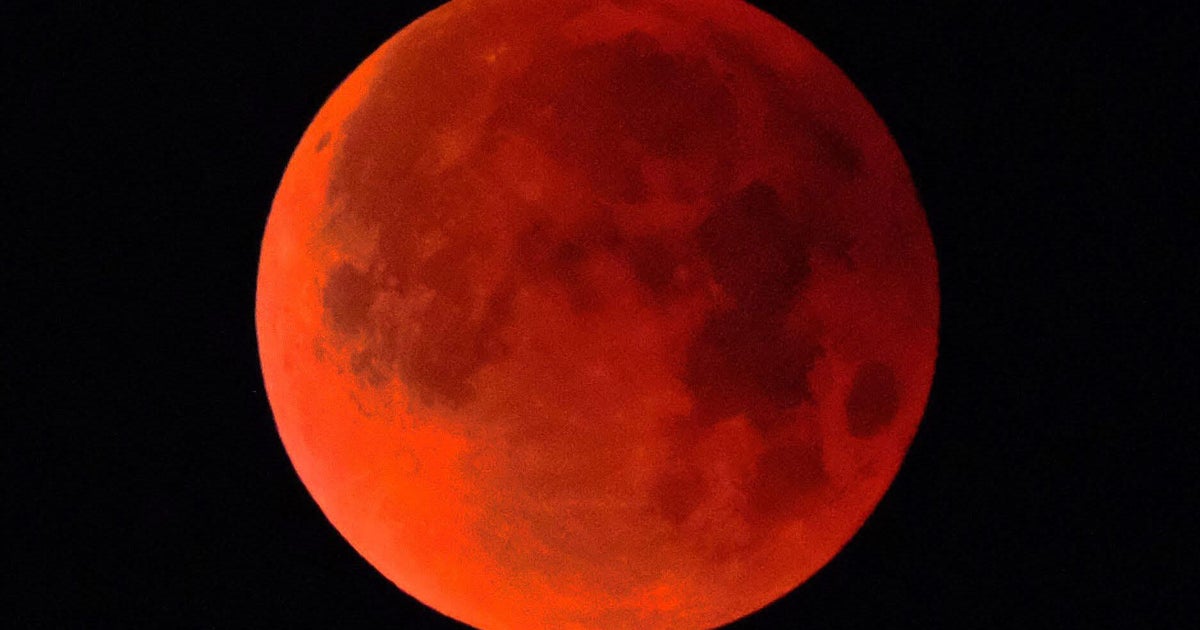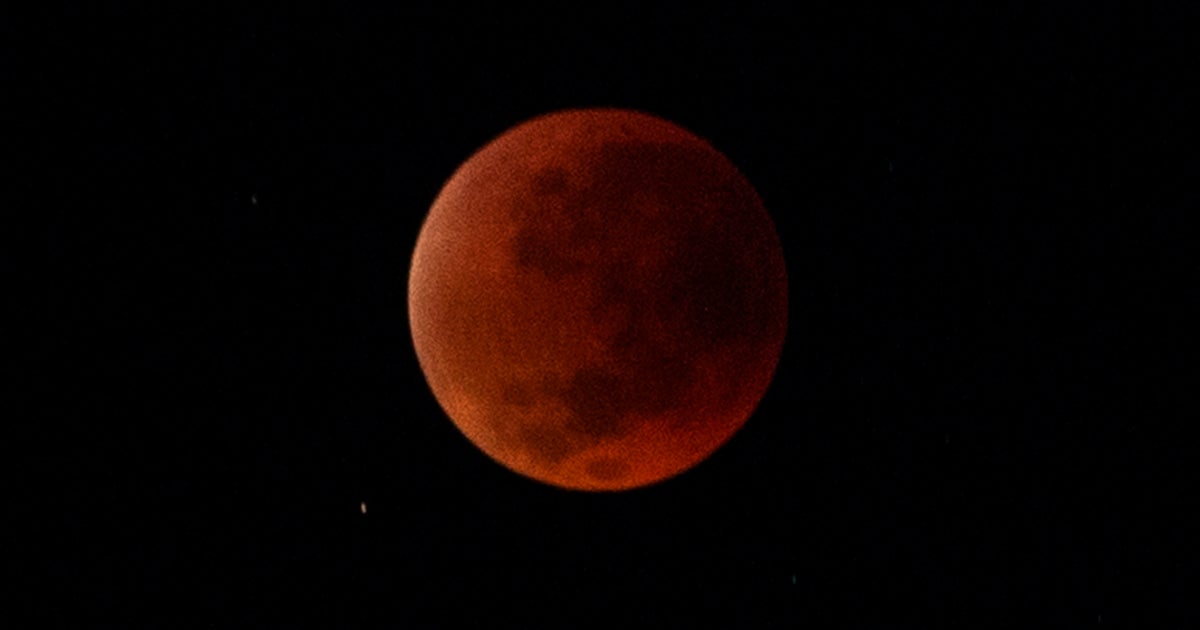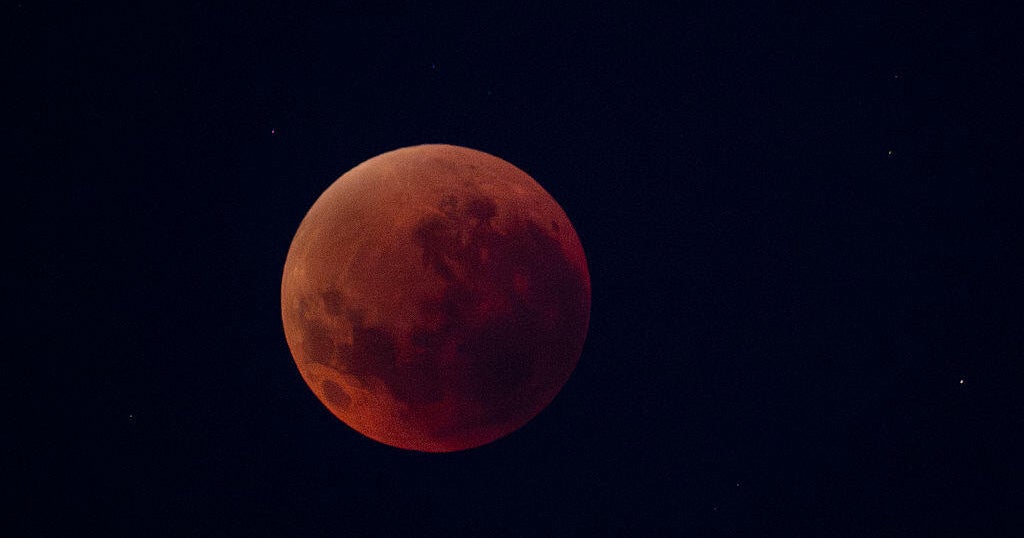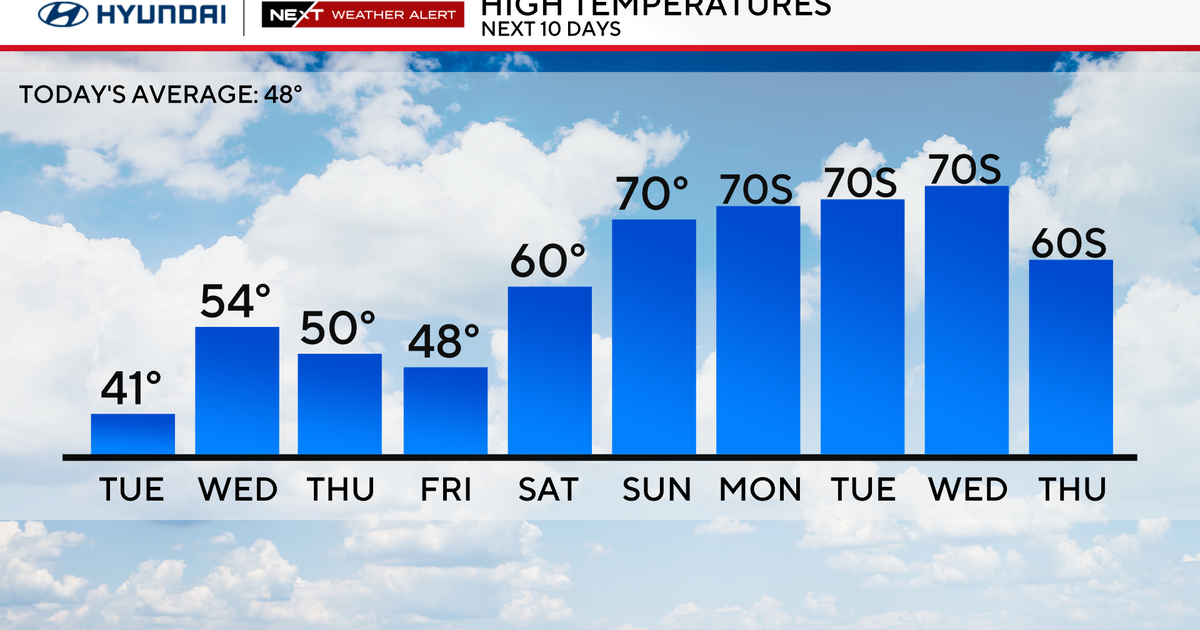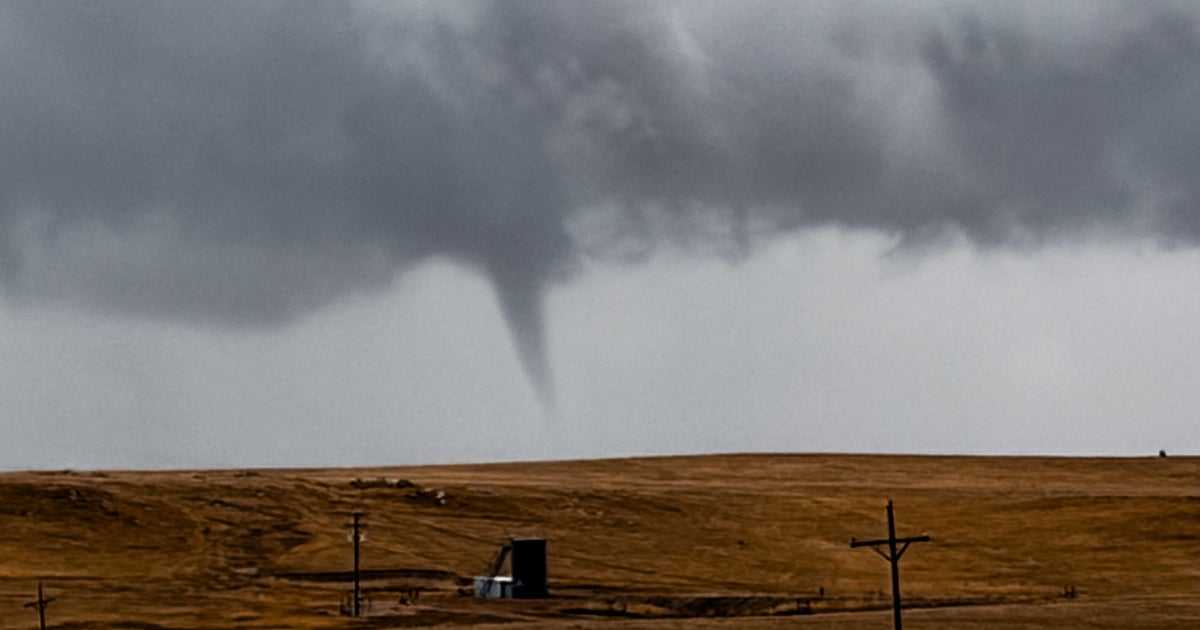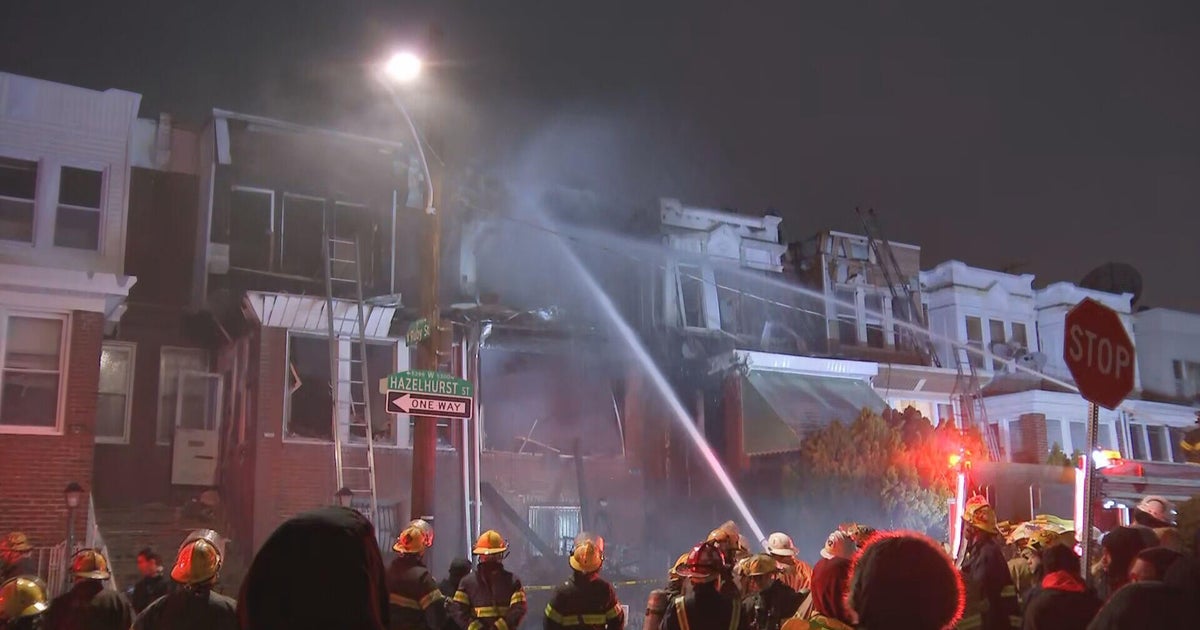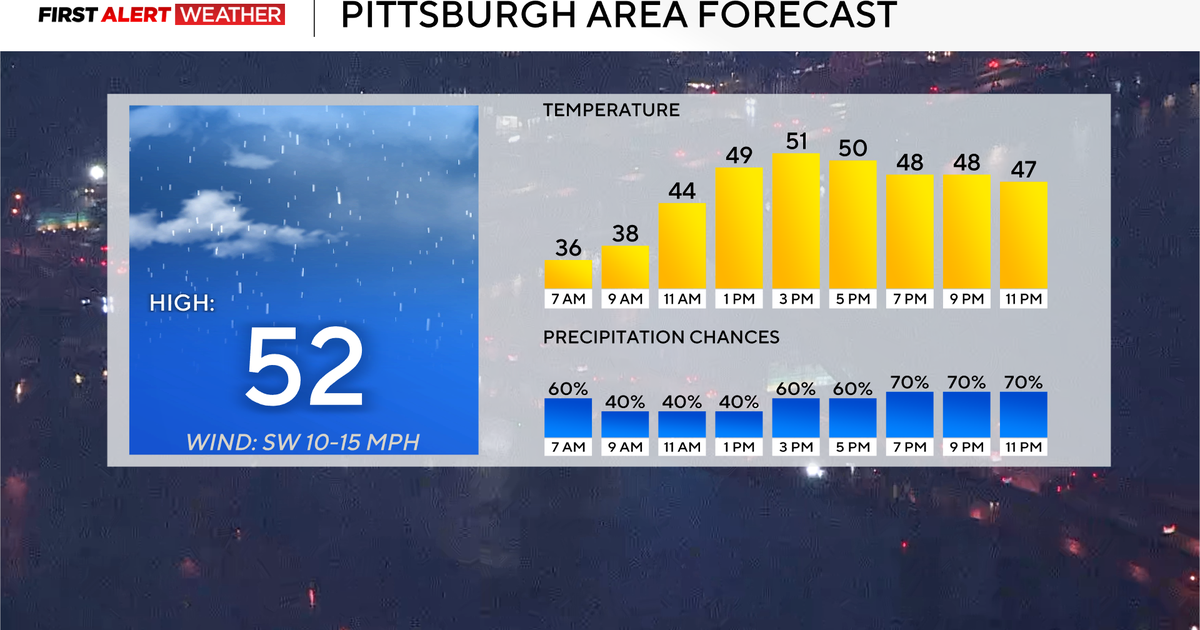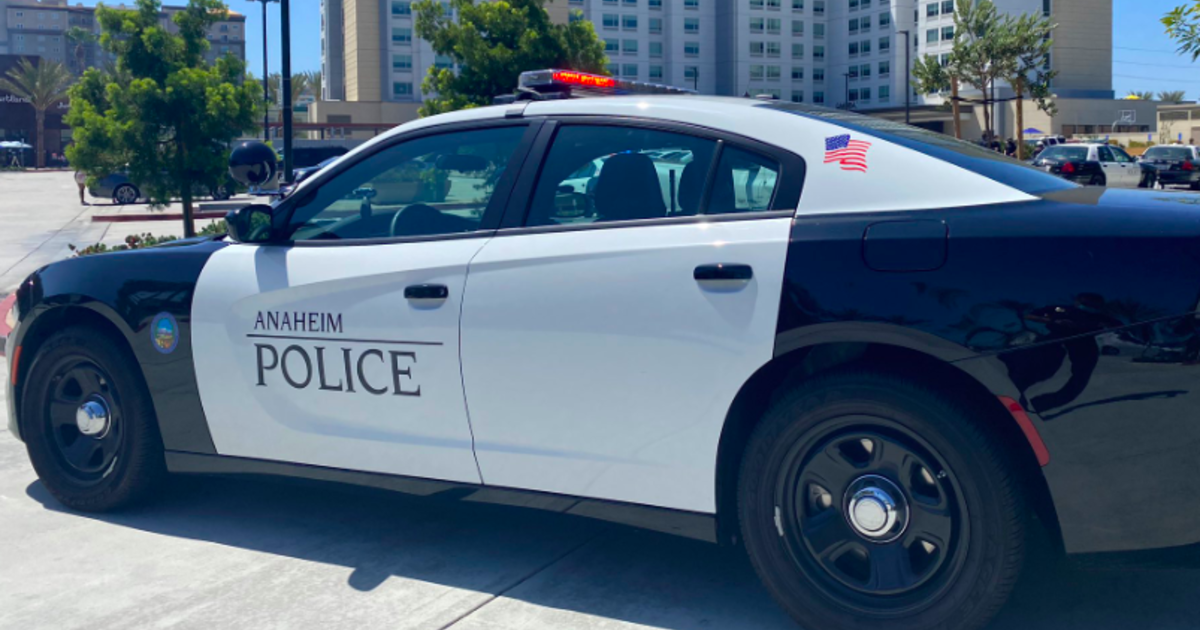An annular solar eclipse is coming Saturday. Don't expect to see it in the Philadelphia region
PHILADELPHIA (CBS) -- An annular solar eclipse is set to take place Saturday - but don't expect to see it in the Philadelphia region.
Cloud cover due to rain storms Saturday will likely block your chance of viewing the eclipse, our NEXT Weather meteorologists say.
If the eclipse is visible in your area, do not look at it without proper eye protection. CBS News reports the UV rays from the sun are very strong and can damage your retina.
What is an annular or "ring of fire" solar eclipse?
Most of the continguous United States will see a partial eclipse Saturday. There is a relatively narrow path from Oregon down southeast into Texas that will see the "ring of fire."
For a great visual including use of augmented reality technology, watch Grant in the video above from Friday night.
An eclipse happens when the moon comes between the sun and Earth. What kind of eclipse you see (remember to do so safely!) depends on how close the moon is to Earth.
When the moon passes between the sun and Earth at perigee, you see a total eclipse. The moon will almost totally block out the sun and only a corona will be visible. The last total solar eclipse was in 2017.
An "annular" solar eclipse happens when the moon is at apogee, or far away from Earth - and then comes between Earth and the sun.
When the moon is at apogee, it can't block out the whole sun for us viewers here on Earth. So instead of a little corona, you get what we call an "annulus" or a ring around the sun.
This is why you hear the term "ring of fire."
Here's what eclipse in Philadelphia would look like...if you could see it
Here in Philadelphia, if there were no cloud cover, you would see the eclipse cover about 25% of the sun.
The eclipse would begin at 12:05 p.m. and reach about 25% coverage by 1:21 p.m.
A much rarer total solar eclipse will occur on April 8, 2024.
